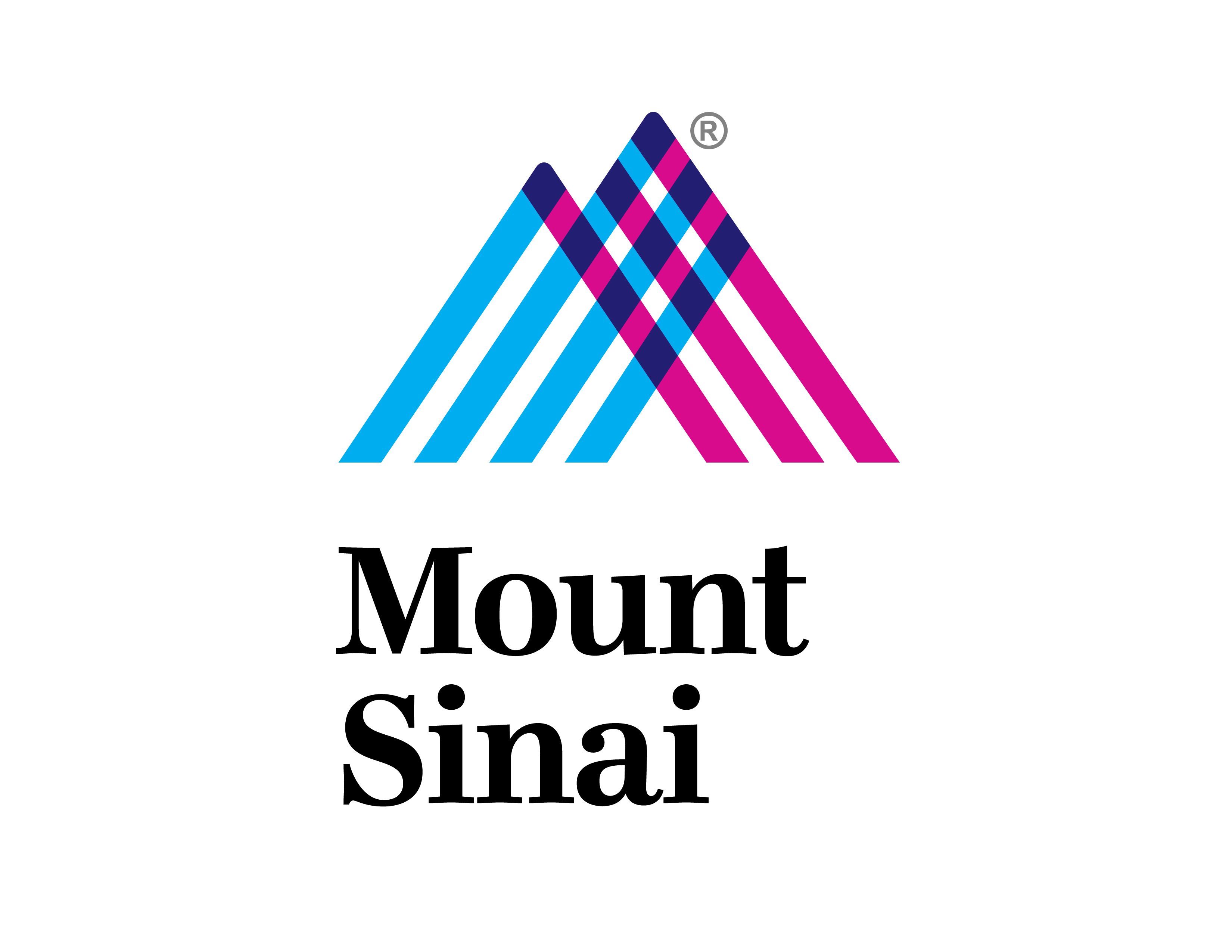
Matthew Galsky, MD, on patient selection for perioperative durvalumab/chemo in MIBC

Matthew D. Galsky, MD, discusses how urologists should approach patient selection for perioperative durvalumab plus chemotherapy based on eligibility criteria for the NIAGARA trial.
The
The approval was supported by data from the phase 3 NIAGARA trial (NCT03732677), which showed that perioperative durvalumab with neoadjuvant chemotherapy significantly extended event-free survival (EFS) and overall survival (OS) vs neoadjuvant chemotherapy alone.1
In a recent interview with Urology Times®, Matthew D. Galsky, MD, discussed how urologists should approach patient selection for the newly approved regimen in the context of patient eligibility criteria for the NIAGARA trial.
He explained, “Of course, anytime there's the approval of a new regimen, it's important to take a look at the patients who were included in that trial, the eligibility, and contextualize use of that regimen in clinical practice based on that eligibility. The eligibility criteria for NIAGARA, despite being a cisplatin-eligible population, was fairly broad and flexible compared to many of our historical randomized phase 3 trials.”
Galsky is the director of GU medical oncology at the Icahn School of Medicine at Mount Sinai and the associate director for translational research at the Tisch Cancer Institute in New York, New York.
Specifically, to be eligible for enrollment in the NIAGARA trial, patients needed to have operable MIBC of clinical stage T2, T3 or T4a; N0 or N1, and M0. Participants also needed to be eligible for cisplatin-based chemotherapy and have a creatinine clearance of at least 40mL/min/1.73m2.
According to Galsky, there are patients for whom this regimen would not be suitable.
He noted, “There are patients still, despite the creatinine clearance down to 40, for whom the risks of cisplatin-based chemotherapy will likely outweigh the potential benefits. For those patients, certainly this is not an appropriate regimen. In addition, we know that there are both relative and absolute contraindications to immune checkpoint blockade, and that would be a potential contraindication to receiving this regimen as well.”
REFERENCE
1. Powles T, Catto JWF, Galsky MD. Perioperative durvalumab with neoadjuvant chemotherapy in operable bladder cancer. N Engl J Med. 2024;391:1773-1786. doi:10.1056/NEJMoa2408154
Newsletter
Stay current with the latest urology news and practice-changing insights — sign up now for the essential updates every urologist needs.






